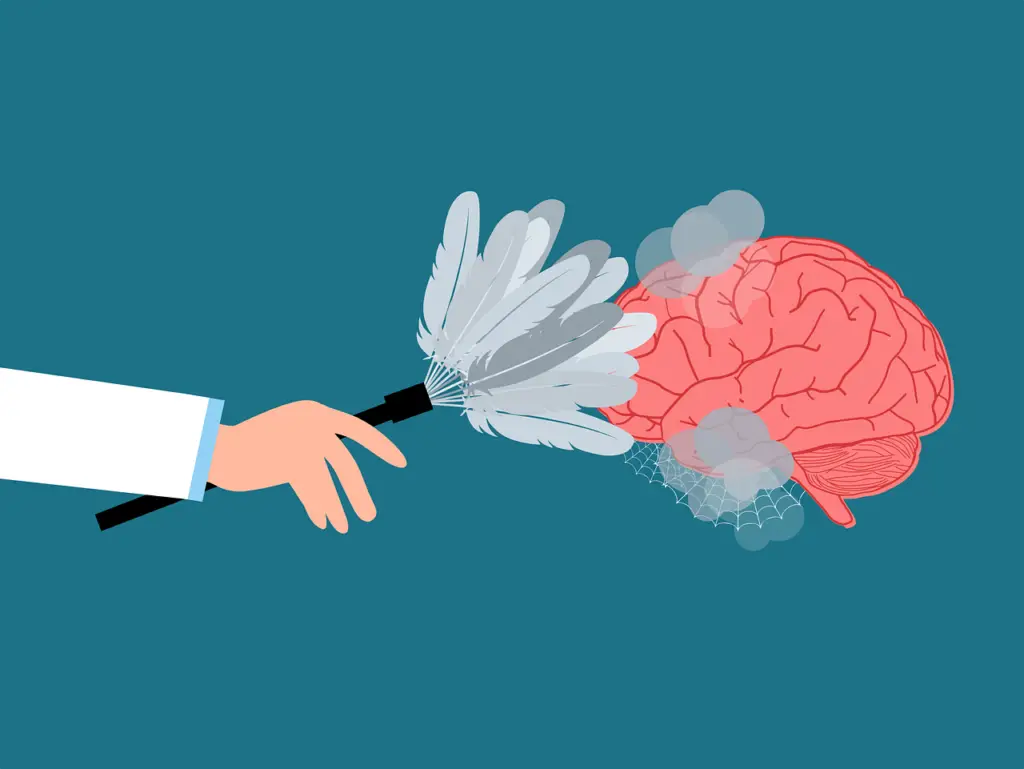Transform Your Space on 6 Best Home Decor Ideas for Every Room and More
Home Decor Ideas Creating a cozy and inviting home doesn’t always require a massive budget or an extensive renovation. With a few thoughtful touches and strategic choices, you can elevate your living space to reflect your personality and style. Whether you’re starting from scratch or looking to refresh your current decor, here are some top ...










